Convention
Thank you!
Every two years the Michigan Inland Lakes Convention brings together lake enthusiasts, researchers, managers, and educators. The Convention is hosted by the Michigan Inland Lakes Partnership, a collaboration of diverse organizations with a common mission to advance stewardship of Michigan's inland lakes. We convened in Grand Rapids, October 2-4, 2024, to learn and share the latest innovations and ideas in lake stewardship and to network with others who share your passion for lakes. Convening in partnership this year with the Michigan Clean Water Corps (MiCorps), our statewide volunteer lake and stream monitoring program, this year’s theme was “Working Together for Healthy Lakes”.
The 2024 Convention venue was the Sheraton Grand Rapids Airport Hotel.
Agenda
The Convention kicked off with an Opening Reception the evening of Wednesday, October 2, followed by two full days of presentations, workshops, and networking opportunities on Thursday and Friday, October 3 and 4.
Download the 2024 Convention Program
View Presentation and Workshop Abstracts
Additional Convention Information
Code of Conduct
The Michigan Inland Lakes Partnership seeks to provide a safe and productive meeting environment that fosters the exchange of ideas, is free of harassment and discrimination of any type, and provides equal opportunities and treatment for all participants. The Partnership is committed to the highest standards of integrity and professional conduct, and participants in Partnership events must ensure that their actions and communications adhere to principles of truth and fairness. Free and open discussion and debate are essential to productive interaction, and this policy does not discourage such debate. Presenters, exhibitors, and all event participants are expected to treat everyone with respect and consideration, follow venue rules, and alert the planning committee or event staff of any dangerous situations, violations of this code of conduct, or if anyone is in distress. Further, the Partnership requires presenters to disclose potential conflicts of interest, including funding sources. Anyone requested to stop unacceptable behavior is expected to comply immediately or will be asked to leave without refund.
Continuing Education Credits
By attending select presentations at the Convention you could have earned up to 7 Pesticide Applicator Recertification Credits from the Michigan Department of Agriculture and Rural Development. Details are included in the final Convention program, which will be posted above.
Convention Contacts
You are welcome to direct any questions you have about our Convention to the 2024 event Co-Chairs: Jo Latimore of Michigan State University Extension or Julia Kirkwood of the Michigan Department of Environment, Great Lakes, and Energy.
We also invite you to stay in touch with the Michigan Inland Lakes Partnership by joining our email list, and following us on Facebook, X (formerly Twitter), or Instagram.
2024 Convention Sponsors
We thank our generous sponsors for supporting the Michigan Inland Lakes Convention. Their contributions are helping advance stewardship of our inland lakes through learning, network, and exchange of ideas. With their support, we offered an outstanding program, kept prices reasonable, and offered student scholarships and discounts. We invite you to visit our sponsors by clicking on their logos below.
Platinum Sponsors:
Gold Sponsors:
Silver Sponsors:
Bronze Sponsors:




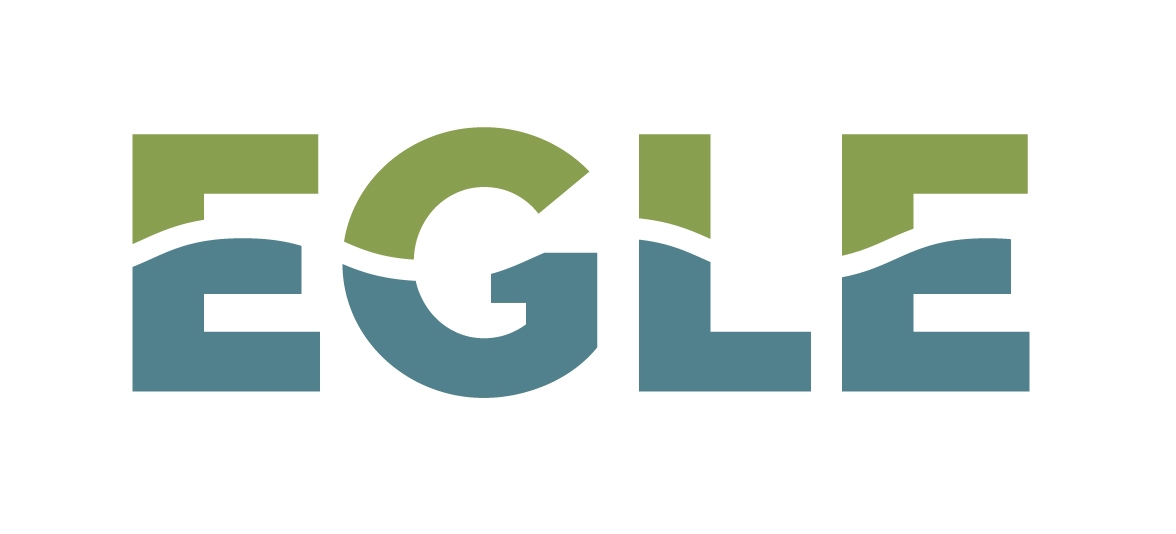
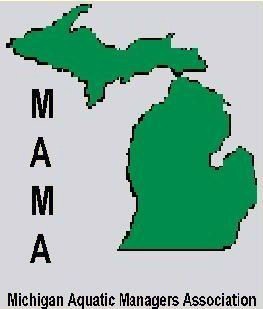
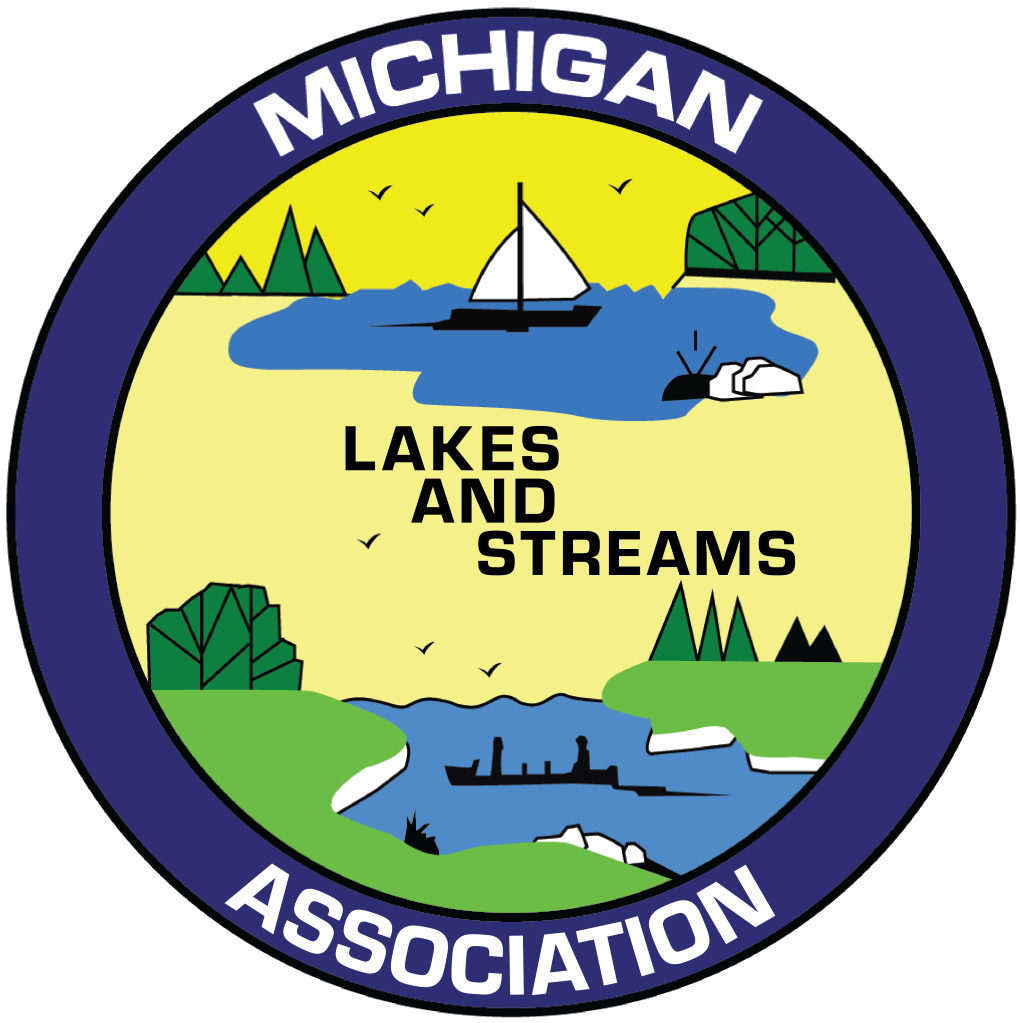
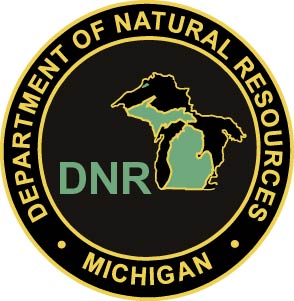
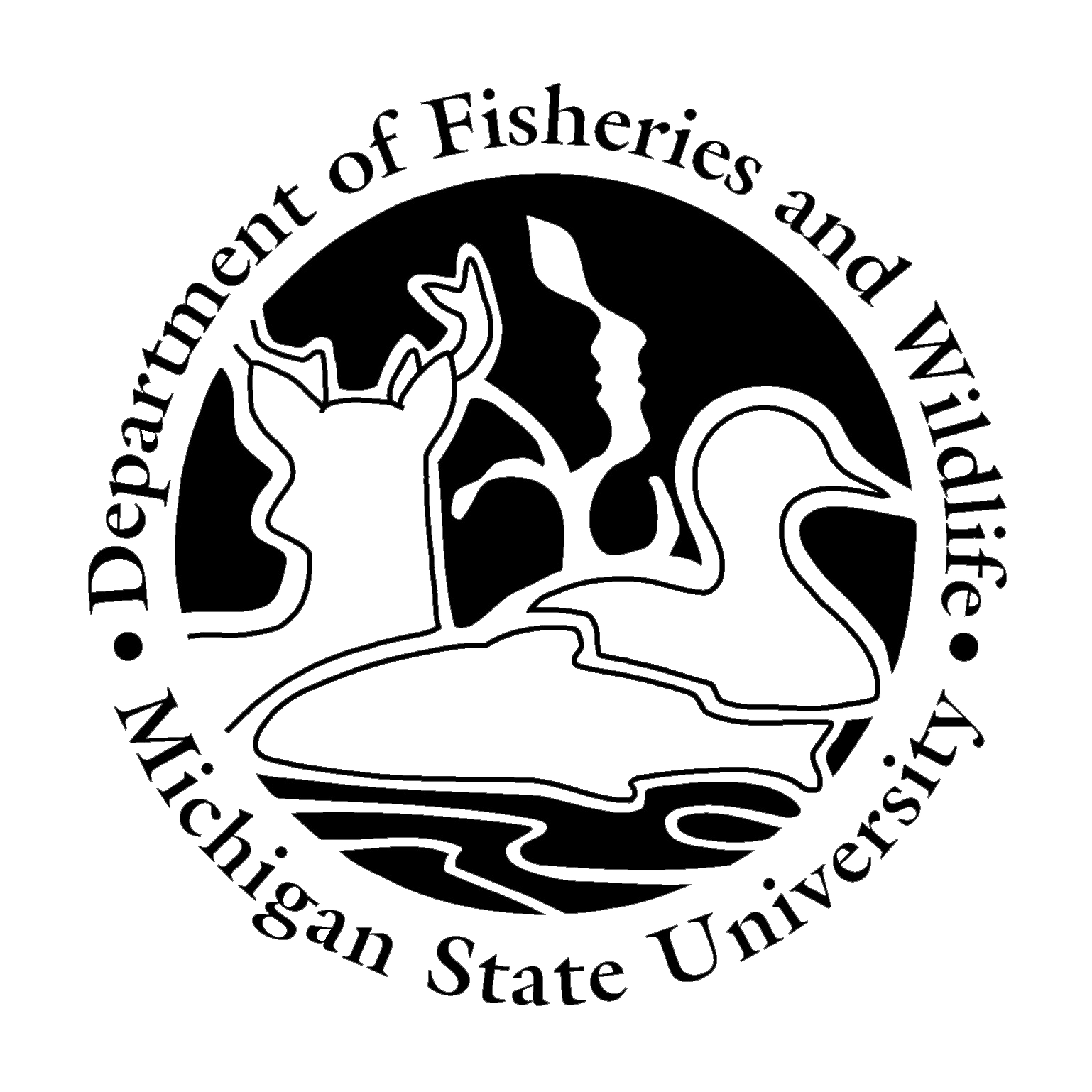
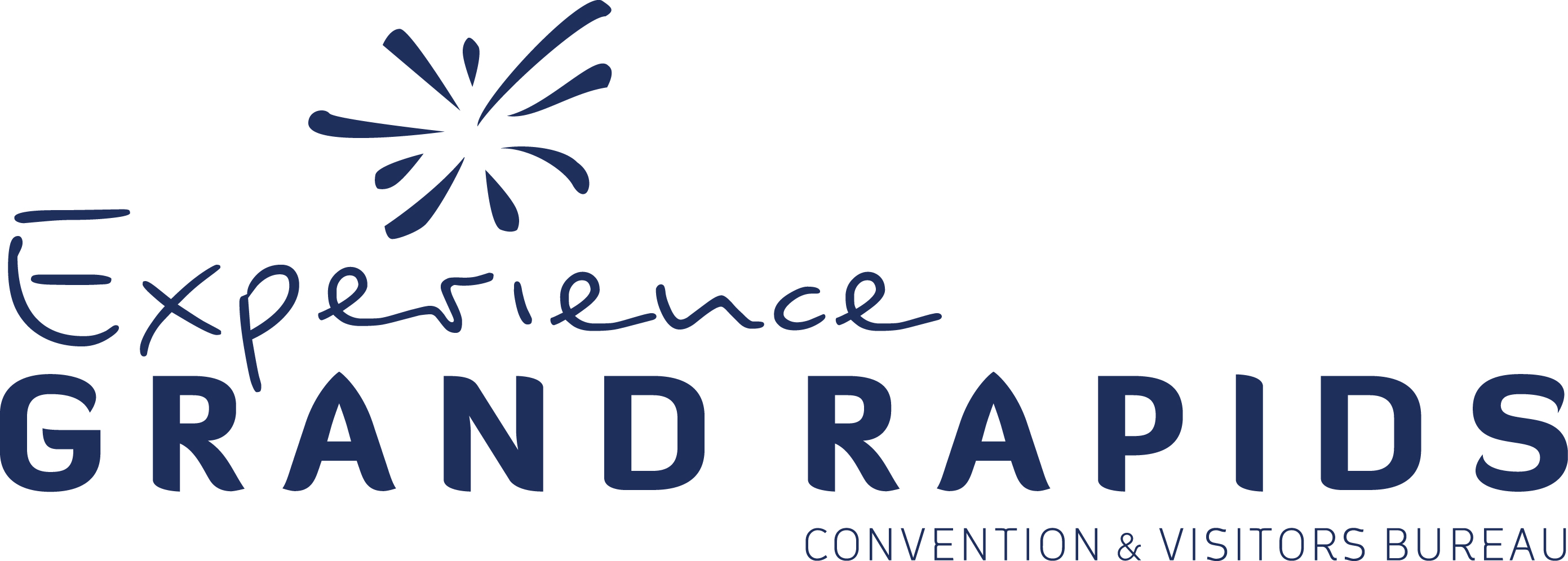
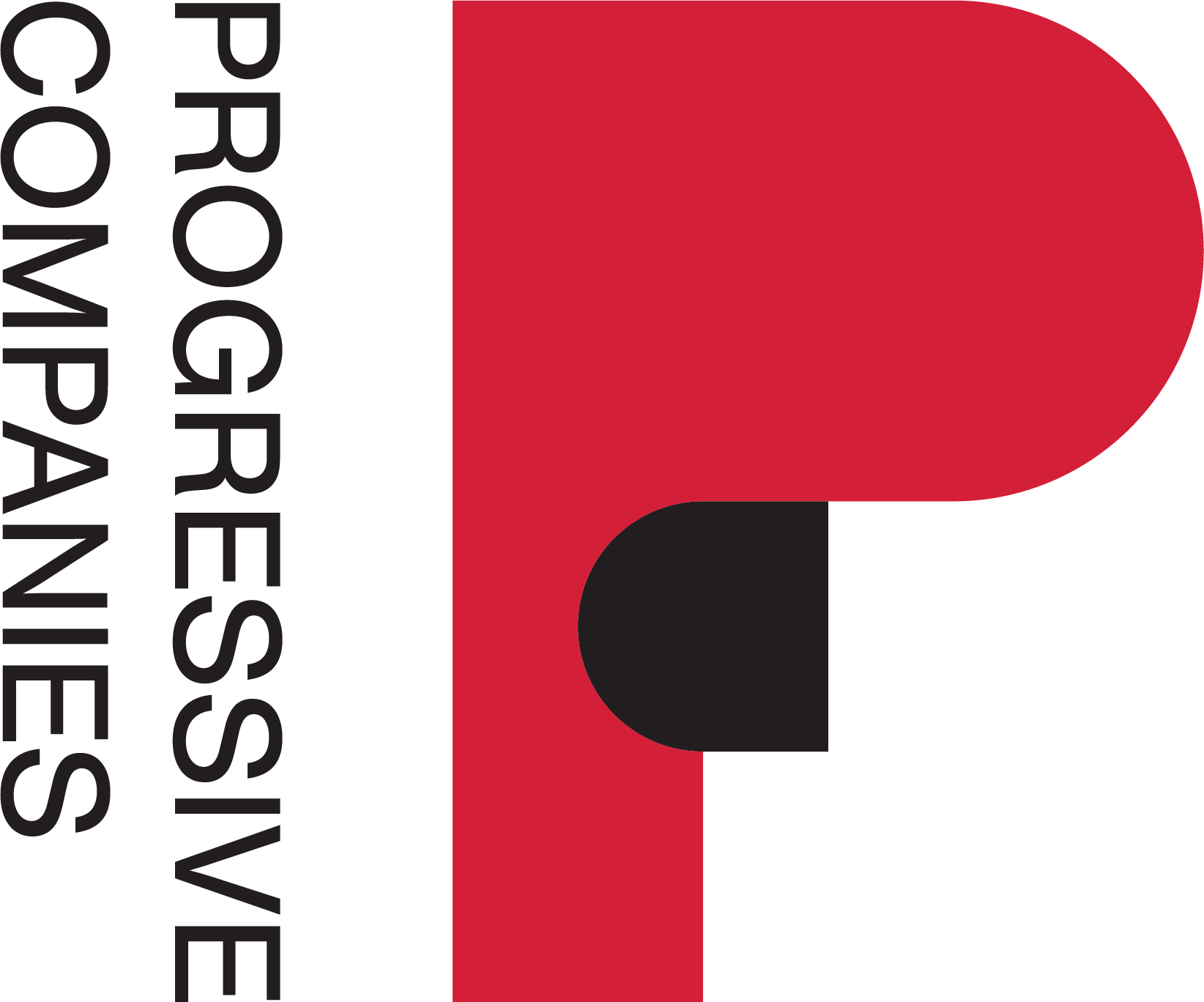
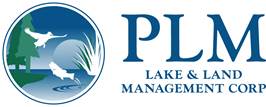
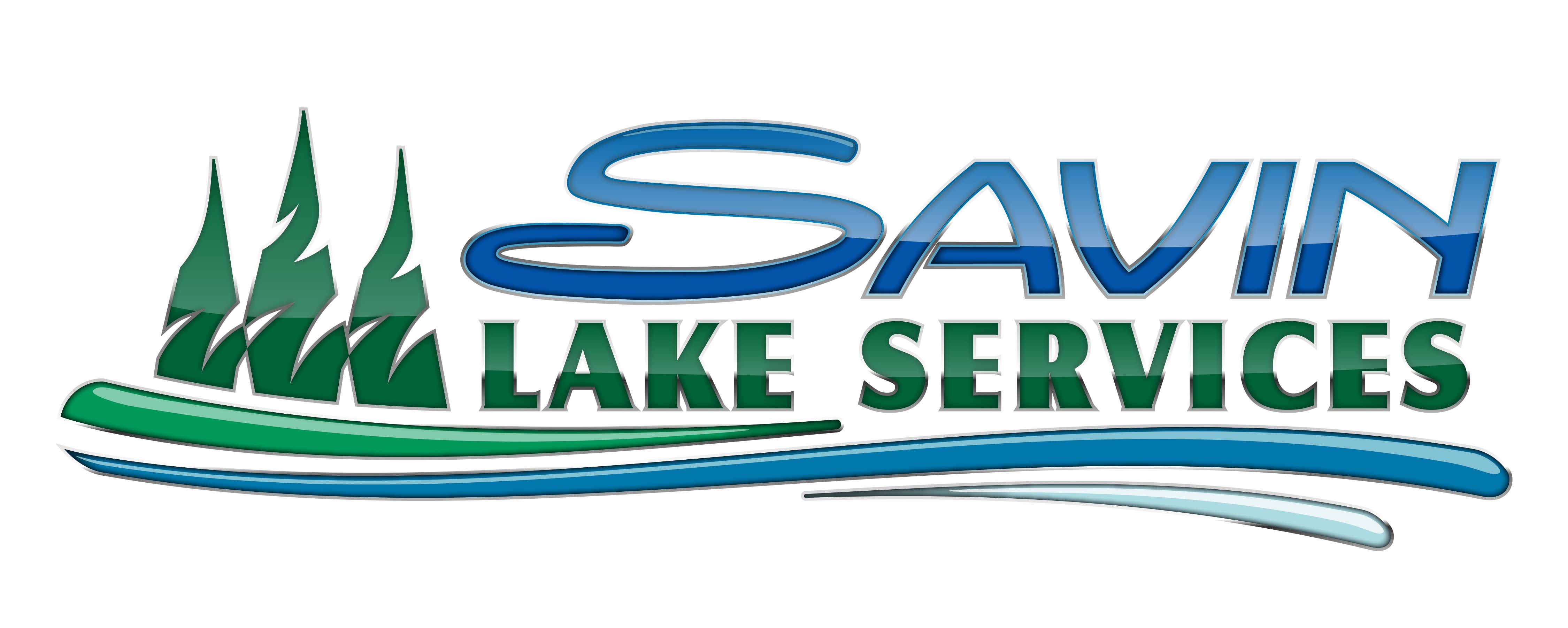

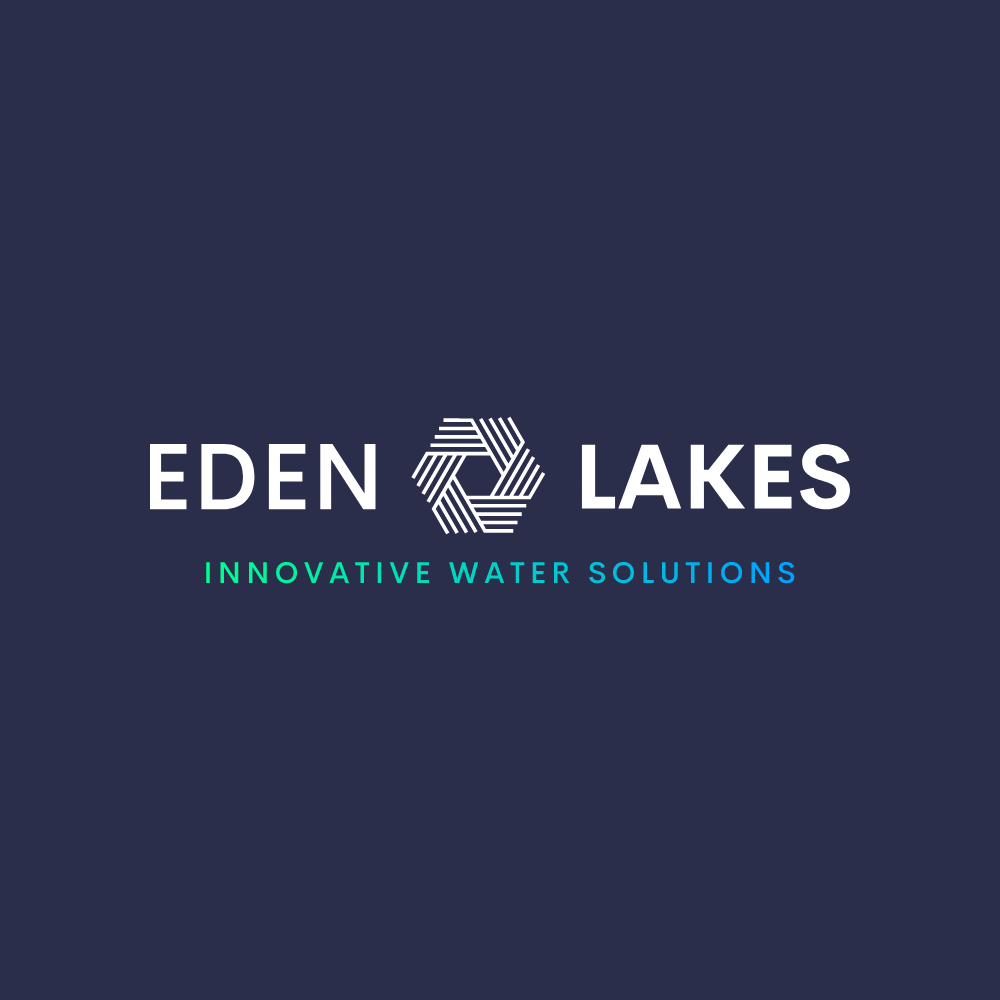
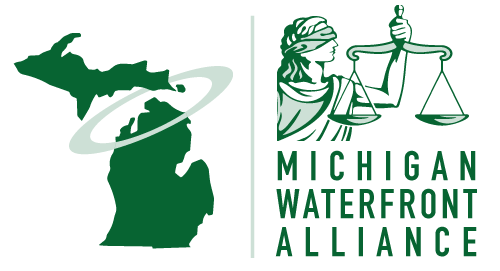


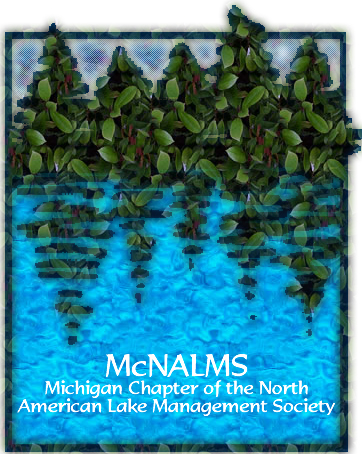
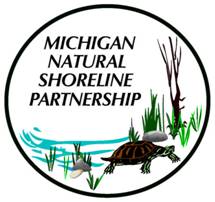
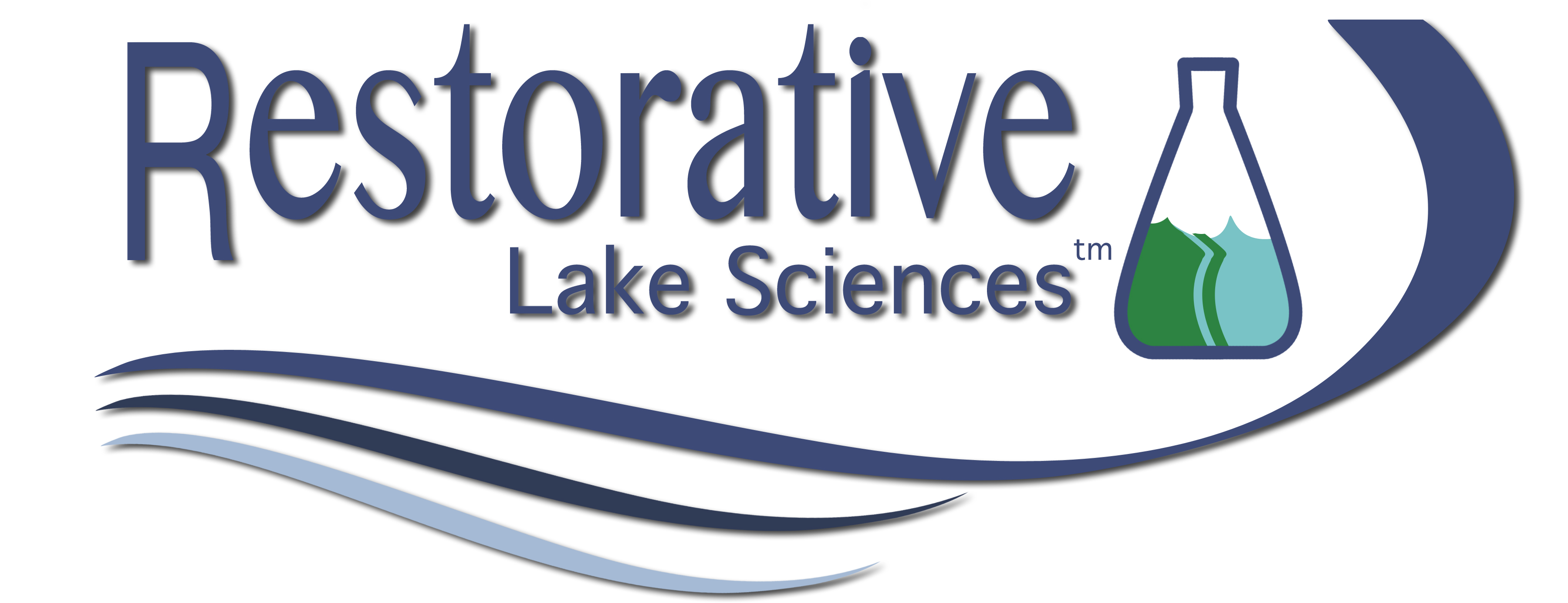

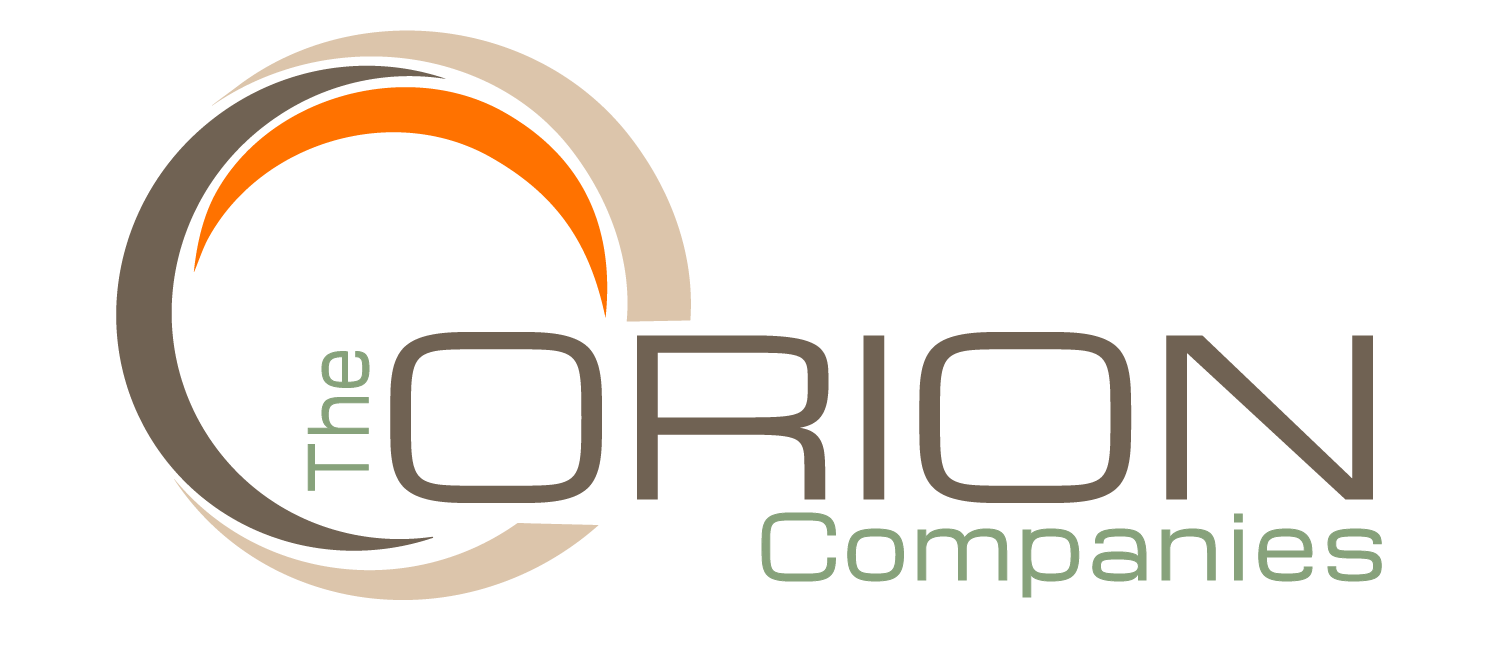

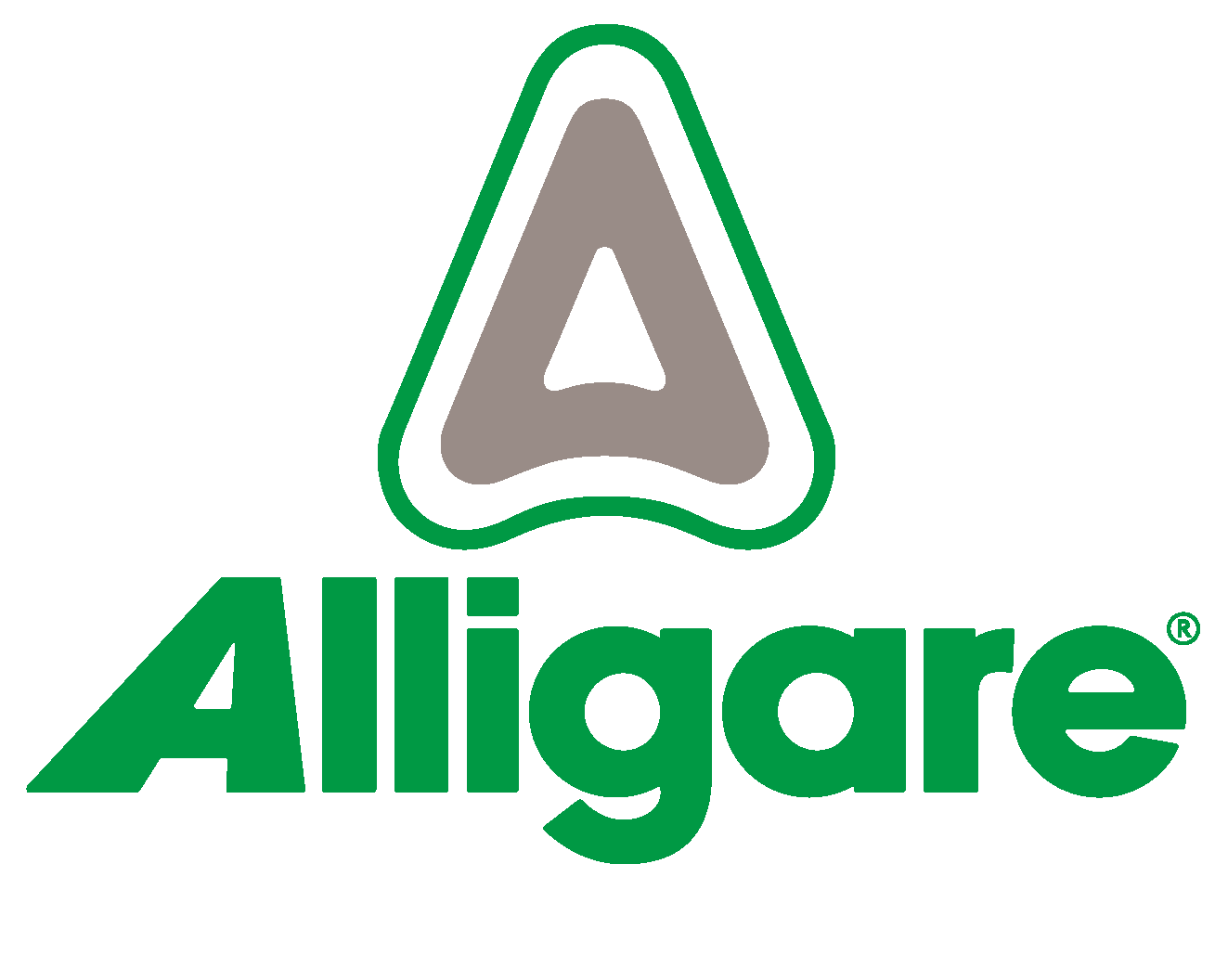
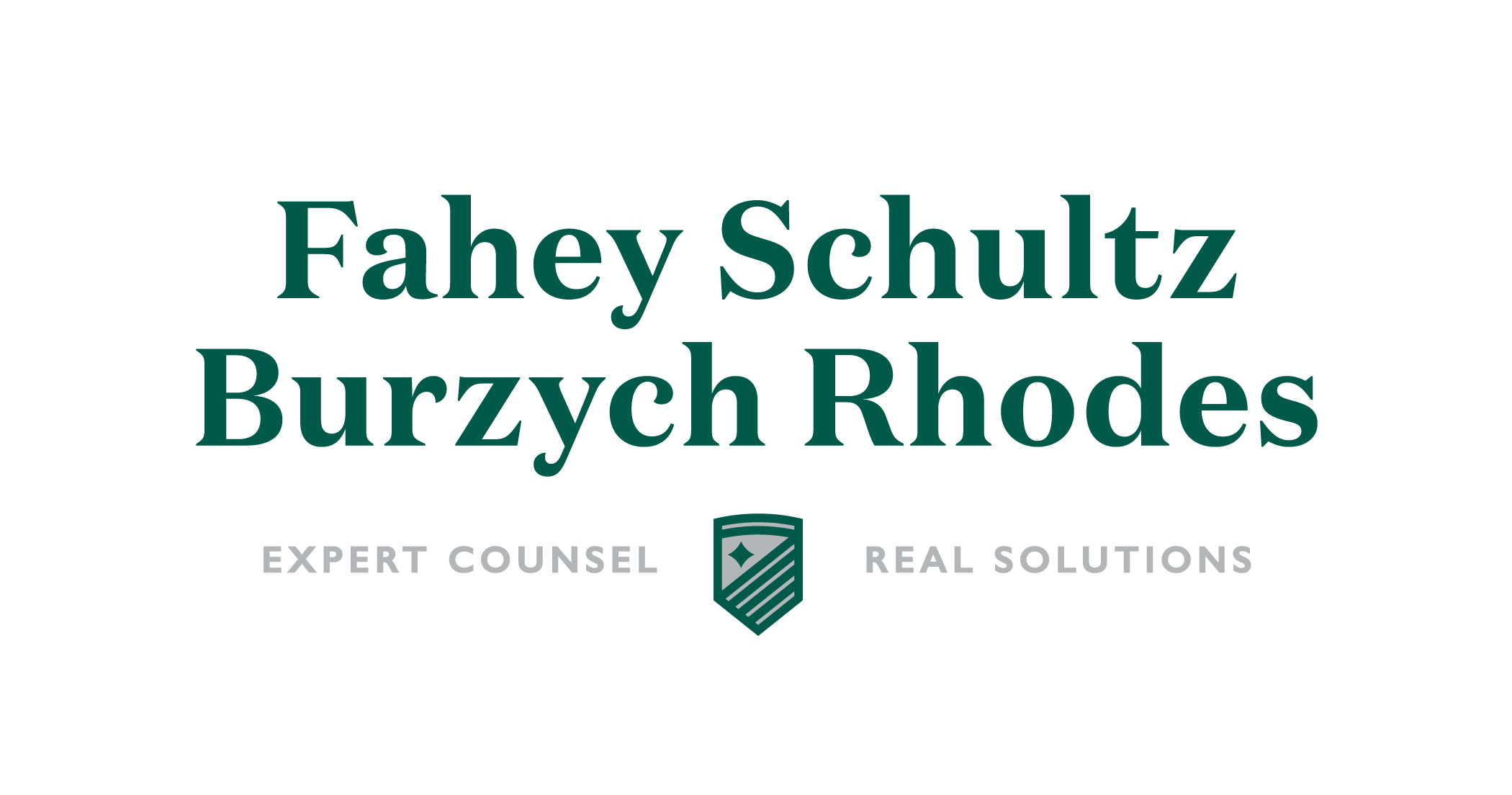
 Print
Print Email
Email